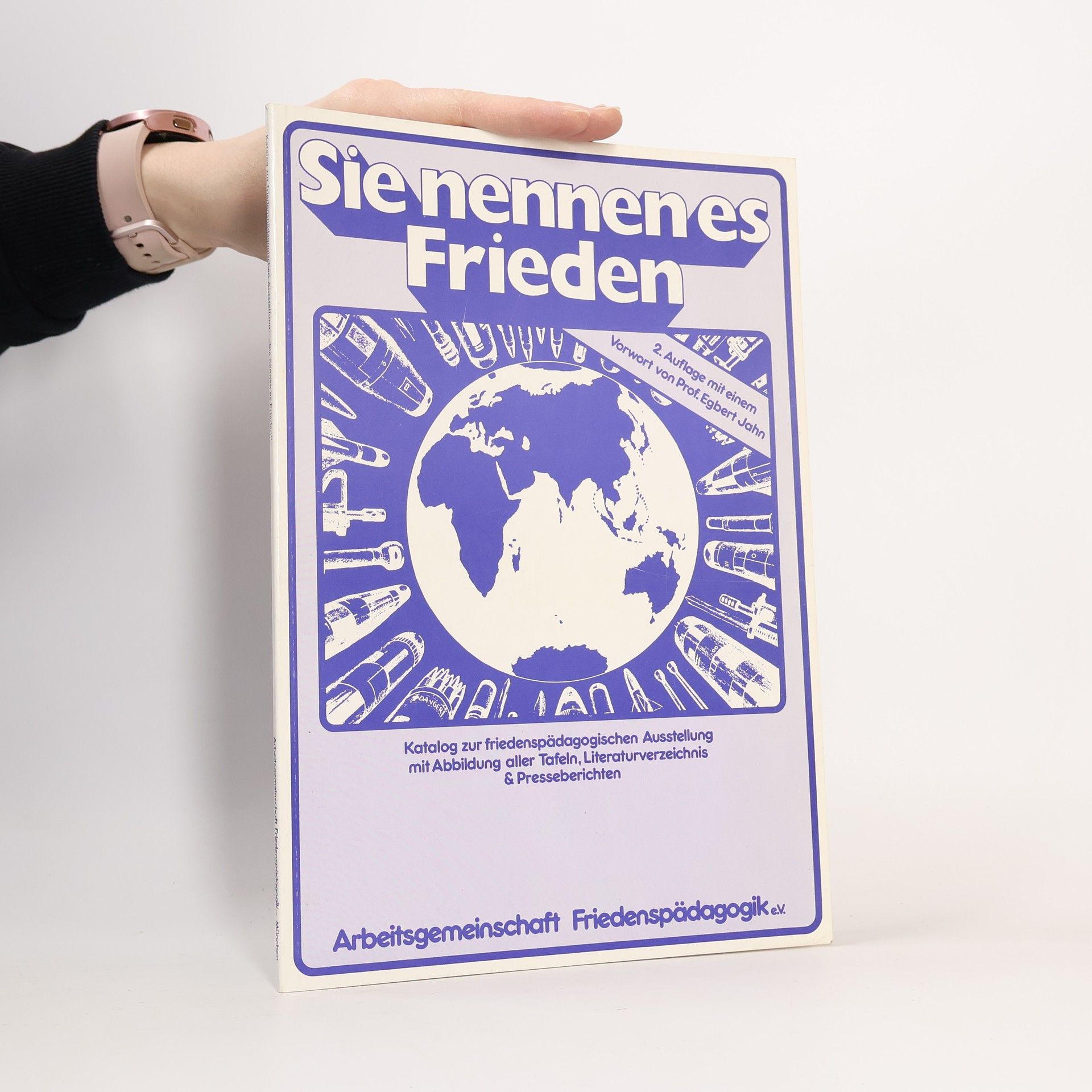War and Compromise Between Nations and States
Political Issues Under Debate Vol. 4
- 296pagine
- 11 ore di lettura
The book delves into the dynamics of violent and non-violent conflict behaviors, exploring themes of responsibility and guilt in warfare, as well as conflict escalation in regions like the South China Sea, Syria, and Ukraine. It analyzes the role of war in the global peace strategies of the U.S. and Russia, while also highlighting non-violent approaches seen during the Indian independence movement. Additionally, it includes studies on Switzerland's peaceful interethnic relations compared to Catalonia's independence efforts, and addresses contemporary challenges faced by the European Union, including refugee policies and Brexit.

